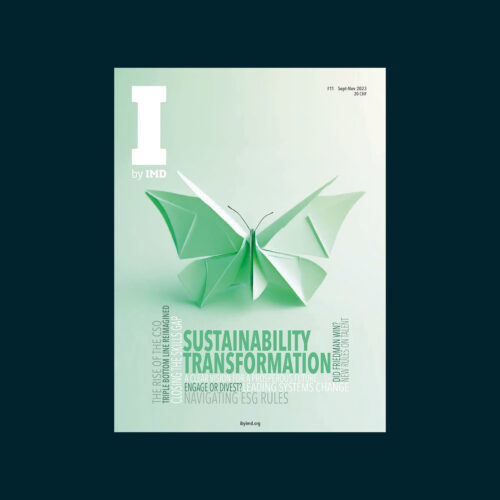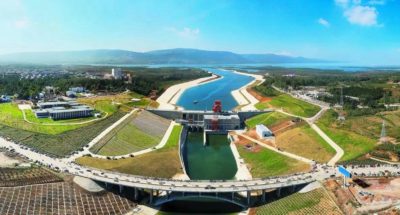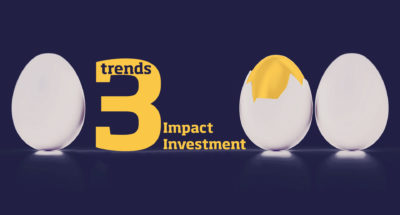First introduced in 2007 as a niche investment strategy for enterprising philanthropists and foundations, the field of “impact investing” has since transitioned into a much broader movement: the “impact economy”. In a world confronted with numerous and overlapping crises, the impact economy provides a holistic framework for how we create, exchange, and distribute value.
The impact economy envisions a future where impact investing is not just an option for niche players in the investment landscape, but a norm for the economy. In this future, investors would unleash more capital for social good, and entrepreneurs would build more innovative and scalable businesses that simultaneously match market demand and meet societal needs. Consumers would vote with their wallets for social businesses while governments and public agencies create more sustainable policies from the top down. Meanwhile, mainstream companies would look to accelerate fair, inclusive, and sustainable global value chains.
At its core, the impact economy aims to account for positive and negative externalities (the full costs and benefits) in all productive activities, with net positive impacts pursued in business and rewarded through trade, investment, taxation, and labor. Given estimates from the Global Footprint Network that the global economy is currently consuming resources at 1.75 times the Earth’s carrying capacity, these shifts in mindset and behavior are both pertinent and pressing.
To deliver on the promise of the impact economy, entrepreneurs, executives, investors, philanthropists, researchers, and other change agents are employing social innovations – in the form of new products, services, markets, models, and processes – to benefit society and address social and environmental needs more efficiently and effectively than current public policies and business activities. We will explore these themes in greater depth in the December issue of I by IMD, which will focus on the impact economy, impact investing, and social innovation.
Why now?
Around the world, the impact economy is emerging through a dynamic and organic interchange of ideas, missions, mechanisms, strategies, and alliances. References to the Green New Deal, impact investing, social entrepreneurship, the circular economy, purpose-led business, ethical consumption, and civic wealth creation all represent approaches that feed into a broad intent to integrate economic activity with improved social and environmental outcomes.
This movement is emerging within a context of unprecedented and accelerating global change. Through just two data points – population growth and economic output – the scale and pace of recent human development is nothing less than an explosion by any geological or historical timescale, even calling for the introduction of a new geological epoch – the Anthropocene (i.e., the first time in history where humans have had a substantial impact on the planet).


 Audio available
Audio available






